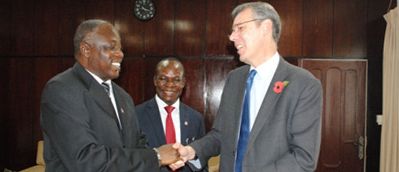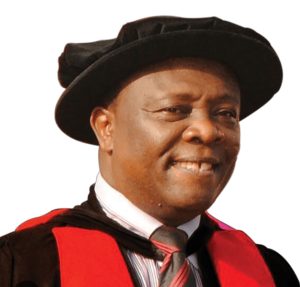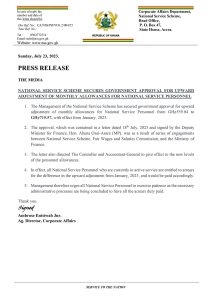 The British High Commissioner to Ghana and Non-Resident Ambassador to Togo, His Excellency, Mr. Peter Jones has expressed confidence that Ghana will live up to expectation in the upcoming presidential and parliamentary elections in December, 2012 due to the high democratic standards the nation has set in Africa.
The British High Commissioner to Ghana and Non-Resident Ambassador to Togo, His Excellency, Mr. Peter Jones has expressed confidence that Ghana will live up to expectation in the upcoming presidential and parliamentary elections in December, 2012 due to the high democratic standards the nation has set in Africa.
His Excellency, Mr. Jones, observed that the 2008 Presidential election was one of the keenly contested in Ghana however, both sides of the political divide ensured that the will of the people prevailed. He noted that the democratic progress of Ghana over the last 20 years was lesson for not only African nations but the world in general.
The British High Commissioner made these remarks when he delivered a public lecture on the “Ghana-UK Ties: Building Partnership and Prosperity at the Faculty of Education Lecture Theatre, North Campus.” The lecture focused on the relationship between Ghana and the United Kingdom; issues and values that the two countries hold in common; areas of cooperation and the shared commitments to democracy and democratic freedom.
Touching on the partnership between the two countries, His Excellency Peter Jones pointed out that Ghana and the United Kingdom (UK) had established a strong and vibrant relationship pointing out that “we estimate that there are700,000 people in the Ghanaian diasporan community in Britain with 10,000 British citizens here in Ghana” in addition, he said the two countries were working on a wide range of diplomatic and areas of governance including poverty reduction, good governance and the rule of law, countering transnational threats such as climate change and narcotics trafficking as well as equitable trade relations.
He enumerated a number of development targets that the UK’s Department for International Development had intended to achieve in Ghana by 2015. Among them were: Distribution of 4.7 million bed nets to prevent the spread of the deadly malaria disease; assist 700, 000 girls to have access to secondary schools; to support 50, 000 Ghanaian producers (of whom 7,500 are women) to access business services.
source: ucc.edu.gh





